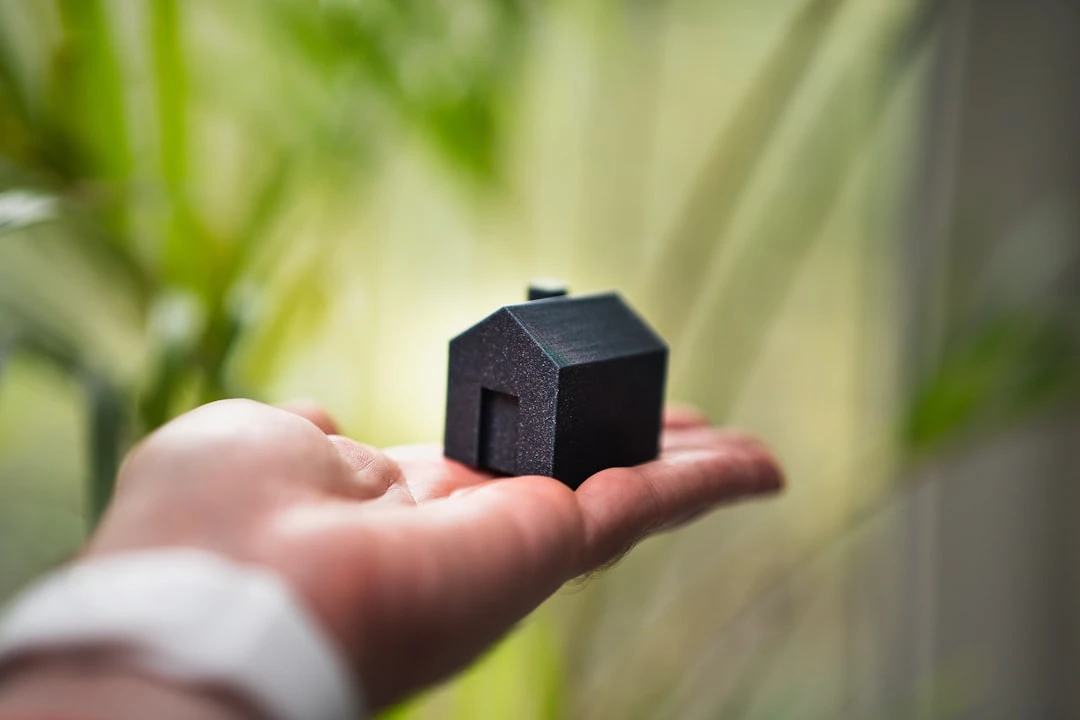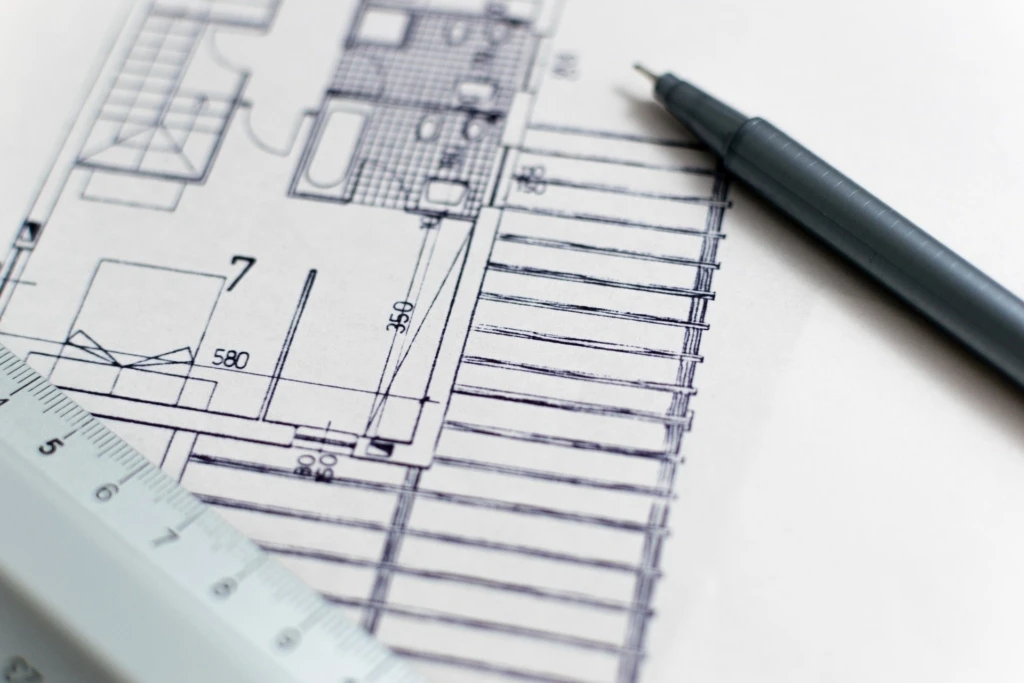Lawyer Explains: What to Keep in Mind When Buying a Summer House?
-web.webp)
Spring has arrived, which is the best time to acquire a summer cottage. To make the entire process worry-free, you need to take into account some legal nuances, explains ELUM Real Estate broker and lawyer Irina Surmai.
"First of all, you need to check whether all buildings (summer cottage, sauna house, shed, etc.) are registered in the Building Register," says Surmai. "If they are not, it could be because the house or outbuildings were built without a permit. In such a case, you should definitely ask the seller about the reason and request that they resolve the issues so that the transaction can proceed."
All buildings constructed after 2003 must have construction and use permits. This requirement does not apply to older buildings, but they still must be registered in the Building Register. "If permits are missing, it is harder to obtain a loan for the real estate acquisition or a specific deadline is set by which the shortcomings must be remedied," explains Surmai.
Ask the owner for building plans so you can compare them with the actual appearance of the buildings. If there are, for example, illegal extensions, these must also be legalized. Make sure that all utilities (water, electricity, sewerage) are legally connected and registered. Any septic tank or well in use must also be registered.
From the Land Register, you can check what type of intended use the cadastral unit has. Whether it is residential land, industrial land, or for example agricultural land. This determines what purposes the property can be used for. "Although summer cottages are usually located on residential land, there are also situations where they are on agricultural land, for example. This determines how and what new buildings can be constructed," adds Surmai.
She also recommends checking whether the local municipality has any restrictions related to the area or whether there are plans to develop the area. It is also important to investigate risks arising from nature (flooding, landslides, etc.).
"In case of any doubts and questions, I recommend consulting with the local municipality, a lawyer, and a real estate specialist," adds Surmai.




